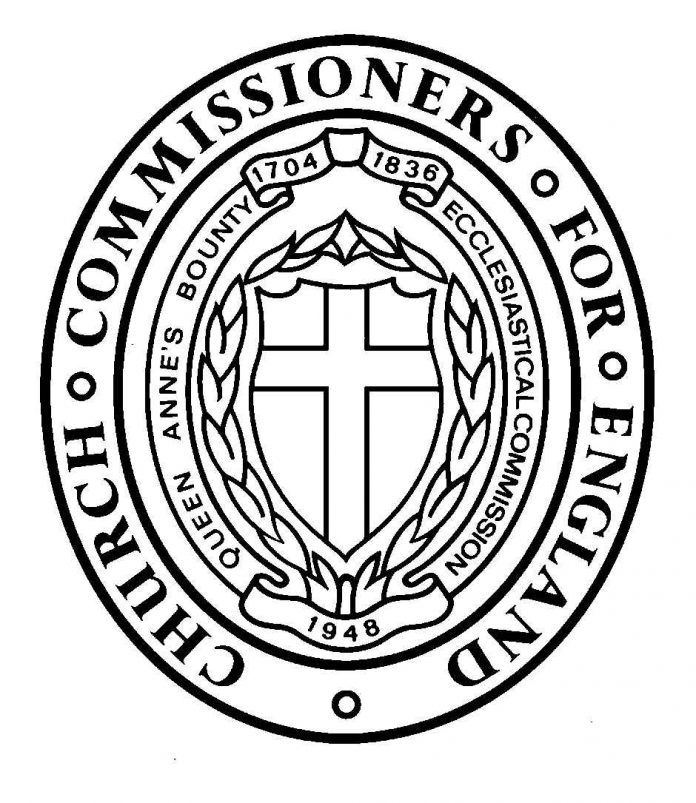Privy Council
Published October 14, 2024
All Saints, Spring Park Parochial Church Council v Church Commissioners
Before Lord Hodge, Lord Sales, Lord Hamblen, Lord Leggatt and Lord Richards
[2024] UKPC 23
Judgment July 30, 2024
The Church Commissioners of the Church of England were not a public authority for the purposes of the Human Rights Act 1998 so that they had no duty to act in a way that was compatible with the United Kingdom’s obligation to comply with the rights set out in the European Convention on Human Rights.
Therefore the Church Commissioners were not required to take account of convention rights when deciding to adopt a scheme for the dissolution of a parish with a large ethnic-minority congregation and its amalgamation with two neighbouring churches, thereby dispossessing the incumbent who ministered to that congregation. Nor did the Church Commissioners have to pay due regard to the public sector equality duty under the Equality Act 2010.
The Judicial Committee of the Privy Council (the board) so stated when dismissing, on the ground of lack of jurisdiction, an appeal brought by the Parochial Church Council (PCC) of All Saints, Spring Park, and its incumbent, the Rev Yvonne Clarke, from the Church Commissioners’ decision dated September 28, 2021, to adopt a draft pastoral scheme whereby the parish of All Saints, Spring Park would be dissolved.
Leslie Thomas KC for the PCC and the incumbent; Victoria Wakefield KC and Richard Howell for the Church Commissioners.
LORD HODGE, giving the decision of the board, said that the principal legal question, which was a question of general public importance, was whether the Church Commissioners were a public body subject to the Human Rights Act 1998.
The draft pastoral scheme under challenge affected three parishes in Croydon, All Saints, Spring Park; St John, Shirley; and St George, Shirley. The consequence of the scheme was that All Saints would cease to be a parish church, and its incumbent, who was the first black woman to be ordained as a deacon in the Church of England, and one of the first women to be ordained a priest, would be required to vacate her office.
All Saints had since 2010 had the lowest attendance of the three churches in the area by a considerable margin and it had the highest proportion of UK ethnic-minority members in its congregation. It had also suffered considerable financial difficulties and fallen into significant arrears in making its contribution to diocesan costs. Its reserves, which stood at £173,000 in 2002, were exhausted by 2015 when it failed to pay for its gas supplies. As a result bailiffs visited the church premises, cut off the gas and removed the gas meters.
In February 2019 the Archdeacon of Reigate, who was then also Assistant Archdeacon of Croydon, drew up a paper entitled The future of the Church of England in Shirley. It described the lack of organisation and financial robustness at All Saints and its inability to serve the parish, and contrasted that with the financial robustness of the neighbouring parishes, which had significantly larger congregations.
In the light of the archdeacon’s report, the Croydon Archdeaconry Mission and Pastoral Committee proposed the scheme under challenge.
The PCC and the incumbent made representations opposing the proposals, contending that the parish offered a service to the local population, particularly the incumbent’s spiritual leadership to the ethnic-minority community that would be lost if it ceased to be a parish. They asserted that the proposed coupling with the other two parishes would not work and expressed concern that the proposals would remove the incumbent from office.
The Church Commissioners concluded that the consultation on the draft pastoral scheme had complied with the provisions of the Mission and Pastoral Measure 2011, that the parish of All Saints was not financially viable, that the subsidy that it had received from the diocese had an adverse effect on resources for mission elsewhere in the diocese, and that the parish was failing in its governance and was unable to provide for the cure of souls or to advance the Church’s mission.
The PCC and the incumbent argued before the board that the draft scheme if made would breach its rights under the 1998 act and the convention and that the Bishop of Southwark and/or the Church Commissioners breached their public sector duty under section 149(2) of the Equality Act 2010. They would therefore have to establish that the Church Commissioners acted as a public authority within the meaning of section 6 of the 1998 act in forming an opinion that the draft scheme should be made.
It was also argued that the Church Commissioners made a material mistake in failing to conclude that All Saints, as a UK minority ethnic-led church with a primarily UK ethnic-minority congregation, provided an irreplaceable mission to that minority in the Spring Park/Shirley area.
Unfortunately, a prior question to the merits of the appeal had emerged late in the preparation for the hearing, that was a question of the board’s jurisdiction to hear the appeal under the Mission and Pastoral Measure 2011.
Since the English Reformation of the 16th century the Church of England had had a close relationship with the state. The monarch was the Supreme Governor of the Church and 26 bishops sat in the House of Lords. Parliament had legislated to enable the Church to govern itself through ecclesiastical legislation, but its legislation was reported to parliament and was subject to royal assent. The 2011 measure, with which the appeal was concerned, had effect as an act of parliament.
The first question was whether the PCC had standing to pursue the appeal to the board. It did not. Written submissions to the Church Commissioners had been made out of time and were therefore not “duly made” for the purposes of sections 11 and 12 of the 2011 measure.
Further, neither the PCC nor the incumbent had given timely notice to the board of an intention to apply for leave to appeal. The 2011 measure left no doubt as to the consequence of there being no valid notice of such an application. The board had no jurisdiction to hear the appeals.
Nevertheless, because the objection on the ground of jurisdiction had been raised so late and as a courtesy to the congregants who had listened to the legal debate, the board proceeded to record its views on the merits of the appeal, although that could not create a binding precedent.
First, the Church Commissioners were not a public body under section 6 of the 1998 act. The relationship between the state and the Church was one of recognition and not the devolution to it of governmental powers or functions. The Church as a whole had no legal status or personality but comprised a number of bodies that performed specific roles.
The Church Commissioners were one such body which by the Church Commissioners Measure 1947 had been constituted by the Church and not by the state. The question was whether a body was a public authority in the sense that it carried out, either generally or on the relevant occasion, the kind of public function of government which would engage the responsibility of the UK before the European Court of Human Rights.
The Church Commissioners were not a core public authority exercising functions that were broadly governmental and thus functions of a public nature. Nor were they a “hybrid public authority” under section 6(3) of the 1998 act, some of whose functions were of a public nature.
The relevant function was the making of the scheme, which involved the reorganisation of parishes to make provision for the cure of souls and in furtherance of the mission of the Church. That was an ecclesiastical function and not a function of a public nature in terms of section 6(3) of the 1998 act. It followed that the obligation in section 6 of the act to act in a way that was compatible with a convention right did not apply to the Church Commissioners.
And because the Church Commissioners were not a public authority, the public sector equality duty under the Equality Act 2010 did not apply to it.
The Church Commissioners’ statement of reasons made a compelling case in support of the scheme, having regard to the financial predicament and governance problems within the parish of All Saints and the ability of the other two parishes to serve the Shirley community, including the ethnic-minority community. If the board had had jurisdiction, it would not have allowed the appeal.
Solicitors: Leigh Day; Herbert Smith Freehills LLP.



